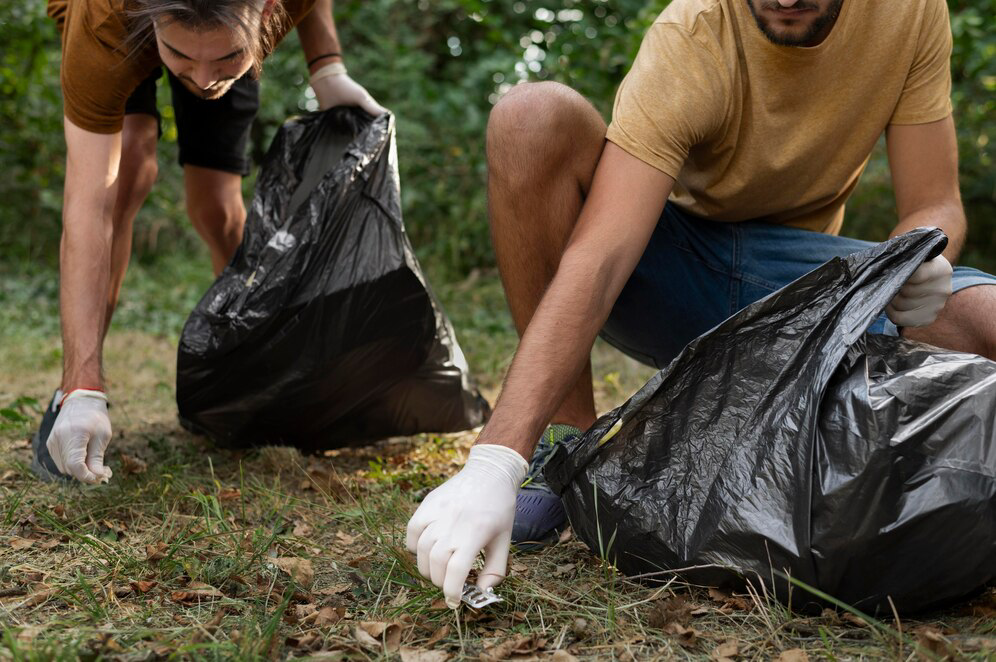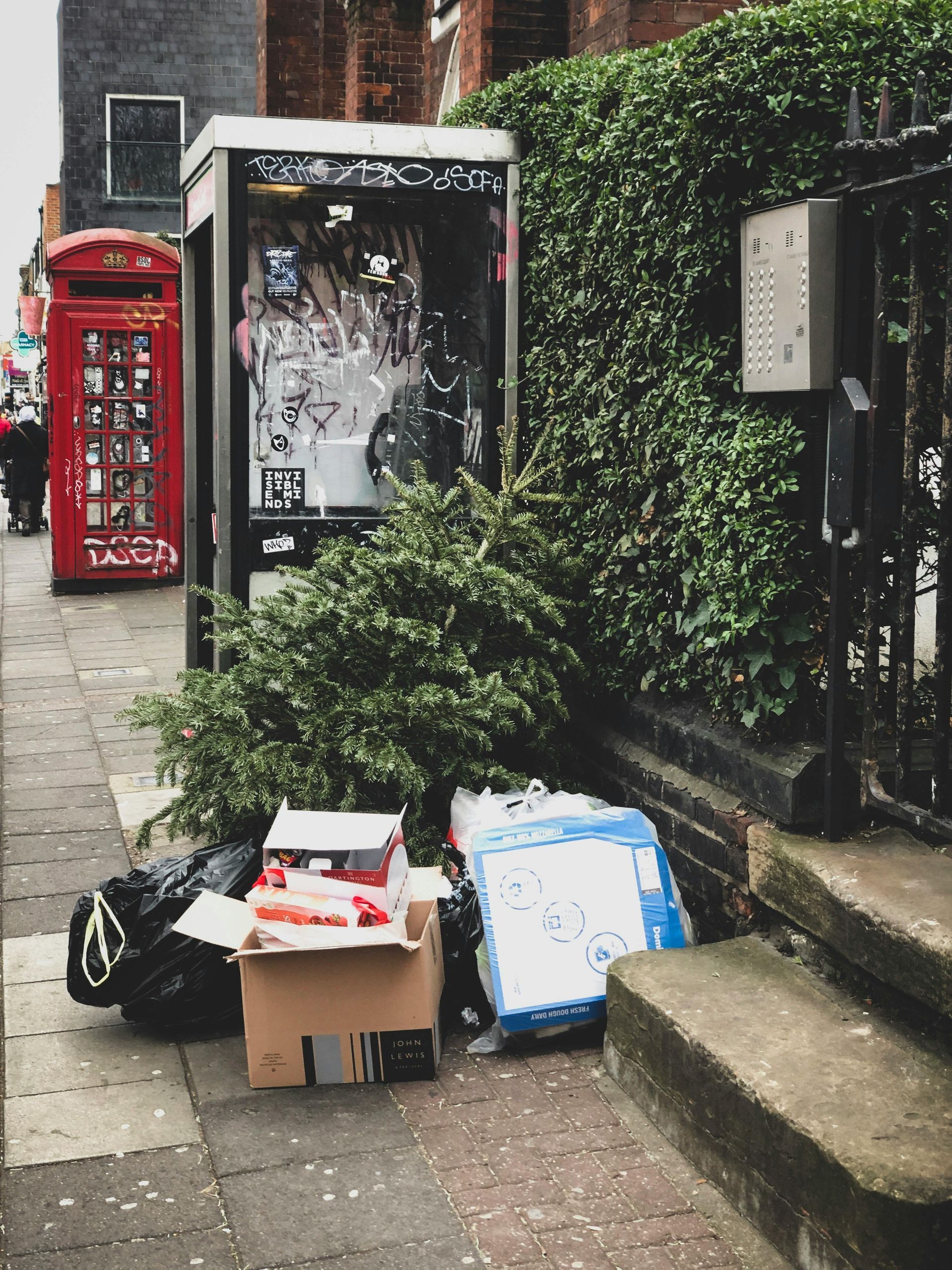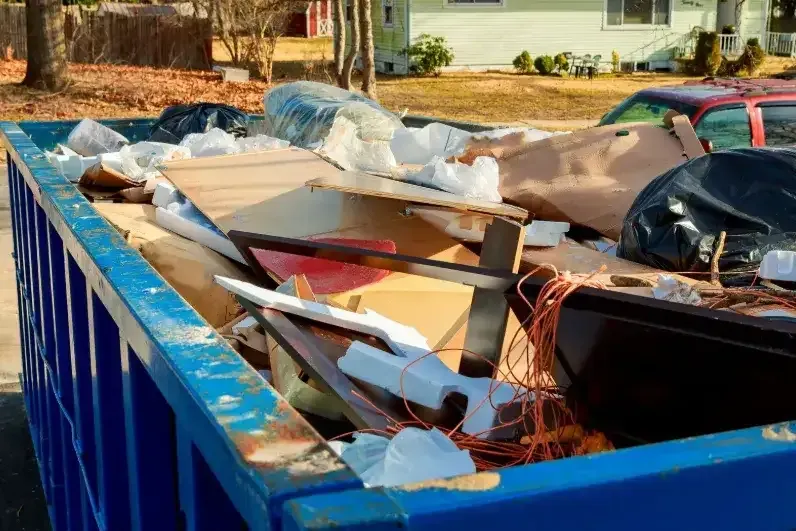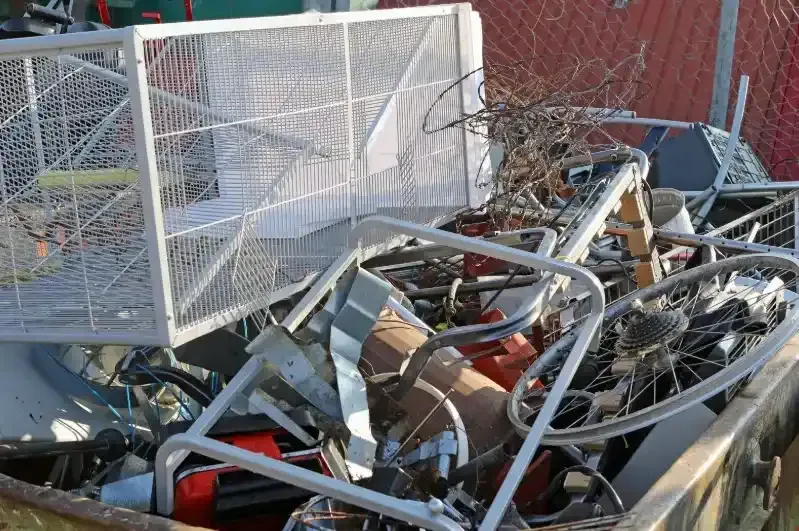How to Dispose of Old Electronics Safely
In today’s fast-paced world, it’s easy to accumulate a pile of outdated electronics. From that old desktop computer gathering dust in the corner to a pile of phones that no longer work, electronics can quickly take over our lives. But as we upgrade our gadgets and streamline our digital lifestyles, the question arises: What do we do with all these old devices? The answer is not as simple as tossing them into the trash.
Electronics are made up of a variety of materials—some of which are harmful to the environment if not disposed of properly. With the rapid pace of technology evolution, old electronics are constantly becoming obsolete, and it’s easy to forget that the disposal of these items has important environmental and health implications. This article explores the right ways to dispose of old electronics safely, how to ensure your devices don’t end up in a landfill, and how proper disposal can benefit both you and the planet.
The Environmental Impact of Improper Disposal
Electronics, such as smartphones, computers, and televisions, often contain hazardous materials like mercury, lead, and cadmium. These substances can leach into the soil and groundwater when devices are improperly discarded, leading to long-term environmental damage. Electronics that are thrown away in landfills don’t just take up space; they slowly release toxins that can poison local ecosystems and harm wildlife.
Moreover, e-waste, as it’s commonly referred to, is the fastest-growing waste stream in the world. The Environmental Protection Agency (EPA) reports that over 50 million metric tons of e-waste are generated every year worldwide. Yet, only about 20% of this e-waste is recycled properly, which underscores the need for better awareness and practices when it comes to old electronics disposal.
What You Should Know About E-Waste Recycling
E-waste recycling is a crucial process that reduces the environmental impact of discarded electronics. Proper recycling ensures that harmful materials are handled safely and that valuable metals such as gold, silver, and copper can be extracted and reused. Recycling also helps conserve resources, as it reduces the need to mine raw materials. For example, the process of extracting rare earth metals for electronics is incredibly resource-intensive and damaging to the environment. By recycling old electronics, we reduce the pressure on these raw materials and create a more sustainable cycle of production and consumption.
Not all recycling centers accept the same types of electronics. Therefore, it’s important to know which materials can be safely processed at a particular facility. Many recycling centers accept common items like phones, laptops, and televisions, but some specialized equipment—such as older CRT monitors—may require specific disposal methods due to their hazardous components.

Finding a Certified E-Waste Recycling Facility
If you're looking to dispose of old electronics, the first step is finding a certified e-waste recycling facility. Certified facilities follow industry standards for safe handling, recycling, and disposal of electronics. They ensure that hazardous materials are managed correctly and that reusable materials are recovered. There are several ways to find certified e-waste recycling centers. One of the easiest methods is to search online for local facilities, and many municipalities and government agencies offer recycling events for electronics. Websites like Earth911 and Call2Recycle provide searchable databases where you can input your zip code and find the nearest recycling options.
It’s essential to check if the facility you're considering is certified under standards like the Responsible Recycling (R2) or e-Stewards certification programs. These certifications guarantee that the facility adheres to safe recycling practices and doesn’t simply ship electronics to countries with lax environmental regulations.
Donating or Repurposing Old Electronics
Not every old electronic needs to be recycled—many can still be put to good use. Donating your old electronics is a great way to give them a second life while keeping them out of the landfill. Schools, charities, non-profit organizations, and even local shelters often accept donations of working devices. Before donating, ensure that the device is in good working condition and free of personal data.
If it’s a computer or smartphone, wipe all your information off the device to prevent identity theft or data misuse. There are software programs available that can securely erase data, ensuring that it can’t be recovered. Additionally, some companies offer trade-in programs where you can exchange old electronics for a gift card or store credit. If your old phone, tablet, or laptop still has value, this could be a good option to get a little something in return for your device.
Repairing and Refurbishing Electronics
If your electronic devices are damaged but not completely unusable, repairing them could be a viable option. Many electronics, particularly smartphones and laptops, are designed with repairability in mind. Rather than throwing them away, you might consider repairing them yourself or taking them to a technician.
Alternatively, electronics that are no longer working can often be refurbished. Refurbishing involves repairing, cleaning, and restoring electronics to a like-new condition, after which they can be resold or donated. Many electronic manufacturers, as well as third-party refurbishers, offer repair services. Refurbished electronics are often more affordable than new ones, making them an excellent option for budget-conscious consumers.
The Role of Manufacturers in Electronics Disposal
Some manufacturers are taking responsibility for the disposal of their products by offering take-back programs. These programs encourage consumers to return their old devices to the manufacturer when they upgrade to a new model. In exchange, some manufacturers offer discounts, trade-ins, or other incentives. For instance, some smartphone and computer companies offer trade-in programs where you can send your old devices back in exchange for a credit toward a new purchase.
It’s worth researching whether the manufacturer of your device offers a similar program. Such initiatives are a step in the right direction and can significantly reduce the environmental burden of e-waste.
E-Waste Collection Events and Municipal Programs
In many communities, municipalities organize special e-waste collection events where residents can drop off their old electronics for safe disposal. These events typically occur a few times a year and are free of charge for residents. Local governments may also have ongoing programs for electronics recycling.
Check with your local government or waste management authority to see if they host such events. It’s an easy and convenient way to dispose of old electronics without worrying about transporting them to a faraway recycling center.
Protecting Your Data Before Disposal
One of the most important steps in disposing of old electronics is making sure that your personal data is securely erased. Simply deleting files or performing a factory reset isn’t always enough. Sensitive data can often be recovered by tech-savvy individuals or hackers, which could put you at risk. The best way to ensure your personal data is permanently wiped is to use software specifically designed to erase data.
For computers and smartphones, there are programs available that overwrite your data multiple times to ensure that it can’t be recovered. You can also physically destroy your hard drive for an additional layer of protection. Some e-waste facilities also offer data destruction services. This service ensures that your devices are completely wiped before they are recycled, providing peace of mind that your personal information is safe.
Protect the Environment by Recycling Your Old Electronics Properly
Recycling old electronics is one of the most effective ways to protect the environment. When devices are improperly discarded in landfills, they can release toxic chemicals that pose a significant threat to the soil and water. By choosing to recycle your electronics, you help prevent these harmful substances from entering the ecosystem.
Proper recycling not only prevents pollution but also conserves natural resources. Extracting raw materials for new electronics can be a resource-intensive process, involving mining and refining. Recycling old electronics reduces the need for these activities, helping to preserve the planet's resources. By making a conscious effort to recycle your electronics, you contribute to reducing e-waste and creating a more sustainable future.
Why Proper Disposal of Electronics is Essential for Environmental Health
The improper disposal of electronics can have devastating consequences on the environment. Many electronic devices contain hazardous materials like lead, mercury, and arsenic, which can leak into the ground and water systems if thrown away carelessly. These materials not only contaminate the soil but also pose risks to human health. When e-waste ends up in landfills, the harmful chemicals can seep into the environment, affecting wildlife and potentially entering the food chain.
Recycling electronics through certified facilities ensures that hazardous substances are dealt with safely, and valuable resources are recovered for reuse. Many recycling centers offer drop-off events and services where you can leave your old devices. This helps keep e-waste out of landfills while supporting sustainable practices. For the sake of the planet’s health and the well-being of future generations, it’s vital to dispose of electronics in an environmentally responsible manner.
Conclusion
Disposing of old electronics safely is crucial for both environmental protection and personal security. By recycling, donating, or repairing your devices, you can extend their life, reduce waste, and keep harmful materials out of landfills. Always remember to back up your data and wipe it off thoroughly before disposal to protect your privacy.
If you're looking for a reliable way to dispose of your electronics safely, consider reaching out to local e-waste recycling centers, donation programs, or take-back initiatives offered by manufacturers. Not only will you contribute to a cleaner, healthier planet, but you'll also ensure that your devices are disposed of in an environmentally responsible manner.
For those in need of expert assistance with junk removal, Lasso & Load Junk Removal, based in Gwinnett County, is here to help. Whether you're clearing out old electronics or managing other types of waste, their team ensures a hassle-free experience. You can reach them at 404-227-2017 or email them at Lauren.renwickk@gmail.com.









